Domestic Politics Archive
Free Newsletter
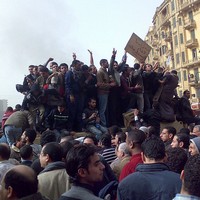
For the past year and a half, the Arab Spring has convulsed the Middle East. It has resulted in the overthrow of four leaders who only two years before seemed destined to rule for life, plunged another country into a fratricidal civil war and placed even long-established monarchies under renewed political and economic stress. What triggered this tsunami of political upheaval? And is it localized to the Arab world, or could it spread? It is no secret that authorities in Beijing and Moscow are playing close attention, attempting to ferret out any indications that a prerevolutionary situation may be building […]
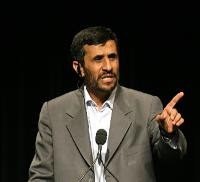
When world leaders converge on Tehran next week to attend the summit of the Non-Aligned Movement, they will give the Iranian regime a desperately needed opportunity to display competence and confidence, and not a moment too soon. Expect bluster and grandstanding from Iran’s leaders, with a message aimed not only at the international community but also at a restless domestic audience. Behind the over-the-to taunts and frequent bravado, the reality is that the Islamic Republic is being squeezed on all sides. As if Iran’s leaders didn’t have enough on their hands with economic sanctions, talk of war and a besieged […]
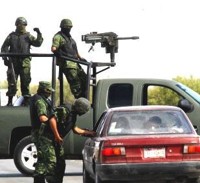
Mexico’s Ciudad Juárez saw a decrease in killings last month, with 48 homicides, 40 of them related to the drug trade, down from more than 300 deaths in many months of 2010, when drug violence was at its peak. While Mexican authorities point to their own efforts as the reason for the decline, the two experts who spoke with Trend Lines emphasized the consolidation of power in the drug cartels, with the Sinaloa drug trafficking cartel gaining control of smuggling routes and the local narcotics trade in Ciudad Juárez, and Los Zetas, the largest crime organization in Mexico, experiencing deep […]
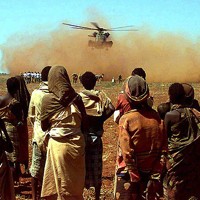
After last week’s spike in naval bombardments on Kismayo, the southern Somali port city critical to the funding of al-Shabab, a heavily anticipated, large-scale military mobilization appears to be edging irrevocably closer. The looming confrontation comes at a critical time for Somalia as the country wraps up an eight-year transitional governance period and prepares to seat a new president. In a statement released on Aug. 14, the U.N. claimed, “fighting for control of the town appears imminent.” The bombardments from an unidentified ship, which reportedly claimed the lives of residents, are fuelling an exodus from the city. “That sort of […]
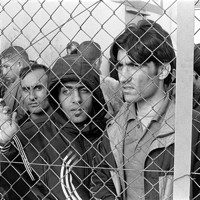
Police in Greece conducted a massive immigration operation earlier this month that resulted in thousands of arrests. In an email interview, Gabriella Lazaridis, a senior lecturer in the department of politics and international relations at the University of Leicester, discussed Greece’s immigration crackdown. WPR: What is the current situation in terms of trends in legal and illegal immigration to Greece as well as Greek immigration policy? Gabriella Lazaridis: Since the beginning of the 1990s, Greece has changed from an emigration to an immigration country. In the first quarter of 2012, some 64 percent of all irregular migrants in the European […]

Following a series of activist protests, tensions are once again rising in East Asia over the ownership of a small, uninhabited archipelago that lies between Taiwan and Japan. The specifics of this recent episode highlight the depth of nationalist sentiments held among the peoples of China, Japan and even Taiwan when it comes to matters of national territory. This is not merely a dispute over fishing grounds and potential oil and gas deposits; it is a matter of historical grievances and national pride. On Aug. 15, the anniversary of the Japanese surrender in World War II, a group of activists […]
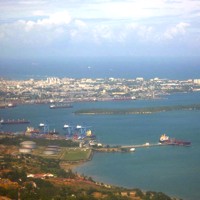
An ongoing standoff in Kenya’s Coast province between the central government and the secessionist Mombasa Republican Council (MRC) could make the region a flashpoint for next year’s elections. Formed in 1999 to address the region’s marginalization, the MRC was designated by the government as an organized criminal group in 2010. Claiming this action unconstitutional, the MRC filed a case with the High Court in Mombasa, which last month ruled in the MRC’s favor. Nevertheless, the MRC has maintained its threats to boycott and otherwise disrupt Kenya’s March 2013 presidential and parliamentary elections if its demands are not met. The polls […]
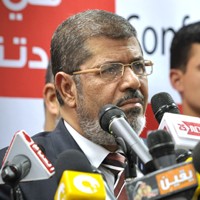
In the space of a few short days, Egyptian President Mohamed Morsi has pulled off a lightning-swift realignment of the country’s political map. On Aug. 12, Morsi assumed powers as vast as those of his predecessor, the deposed dictator Hosni Mubarak. And, incredibly, he did it without immediately triggering either street protests or a countermove by Egypt’s erstwhile all-powerful military. The curiously quiet reaction — a nonreaction, really — from the military suggests the soft coup did not happen in a vacuum: Morsi probably laid the groundwork within some sectors of the armed forces. But if that may explain the […]
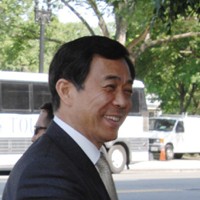
The murder trial of Gu Kailai, the wife of ousted Chinese Communist Party leader Bo Xilai, came to a conclusion last week. According to reports, Gu, a prominent Chinese lawyer, confessed to the murder of Neil Heywood, a longtime family friend and business associate. François Godement, a professor of political science at Sciences Po in Paris and a senior fellow at the European Council on Foreign Relations, said the case, which was over in less than seven hours, reflects how controlled the Chinese justice system continues to be. “Very often in China you are judged by a particular court not […]
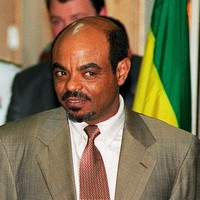
For 20 years, Prime Minister Meles Zenawi has been the undisputed ruler of Ethiopia. Zenawi was the leader of the Tigray People’s Liberation Front (TPLF), which in concert with its sister rebel group from Eritrea toppled the Moscow-aligned dictator Mengistu Haile Mariam in 1991. He led his country in the 1998-2000 war against his former Eritrean allies and oversaw multiple Ethiopian military interventions into neighboring Somalia. An active and outspoken leader, Zenawi is also credited with a pragmatic approach to economic development despite his Marxist roots, resulting in an average of 9 percent GDP growth over the past 10 years. […]
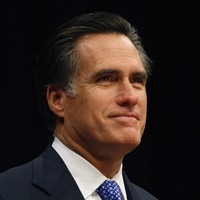
Over the past several weeks, a series of articles have noted the absence of any discussion of the Afghanistan War in the U.S. presidential campaign. President Barack Obama might be avoiding the subject, but for better or worse, his policy is a matter of record. By contrast, GOP candidate Mitt Romney has yet to articulate an Afghanistan policy. Of course, it shouldn’t strike anyone as curious that the Romney campaign is as reluctant to talk about Afghanistan as the Obama administration. After all, the war is terribly unpopular. The administration has apparently determined the safest thing to do politically is […]
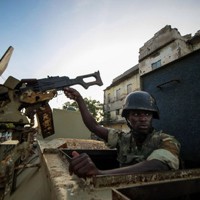
Later this month, Somalia’s eight-year political transition is scheduled to end with the declaration of a “post-transition” government. Casual observers will be forgiven for assuming such a step signals that, after 21 years of complete state collapse, a functional central government in Somalia is now in place. The reality is that the post-transition government will be unable to project its authority beyond much of the capital, Mogadishu. Most of the country and parts of the capital itself remain under the de facto control of autonomous strongmen, self-proclaimed regional states, clan militias and the jihadi group al-Shabab. Of these, only al-Shabab […]
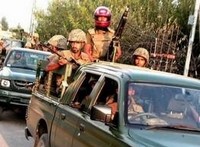
In March 2008, a widow in Pakistan’s Khyber Agency made a public appeal to Mangal Bagh Afridi, the leader of the Lashkar-e-Islam (LeI) militant group operating in the area, to help arbitrate a land dispute. Several of her family members had been killed in the dispute, and the formal justice system was not responding to the crimes. Bagh took up her case, ruled in her favor and promptly sent armed militia members to punish the people he determined were responsible for the deaths. Soon afterward, wealthy families, often the targets of kidnapping and extortion, started appealing to Bagh for help […]
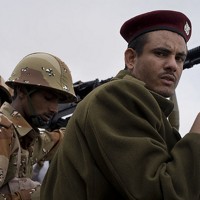
The “formal” departure of Ali Abdullah Saleh from Yemen’s political arena in February, after more than three decades as president, did not bring an end to the country’s dangerous unrest. To the contrary, the weak central government in Sanaa has been weakened further; the military remains divided; entrepreneurs of violence have expanded their geographical influence; sectarianism has taken a violent turn; the shortage of public goods and law and order has become severe; and the country is atop this year’s Forbes list of the “World’s Worst Economies.” In Washington, Riyadh and Brussels, fears are high that the current political and […]
